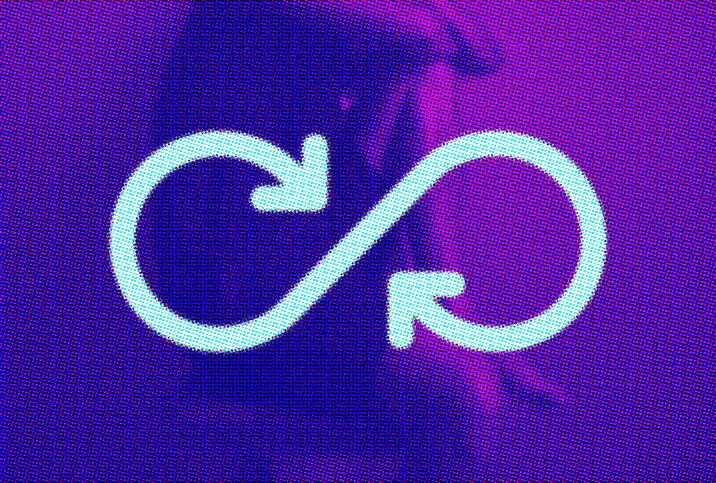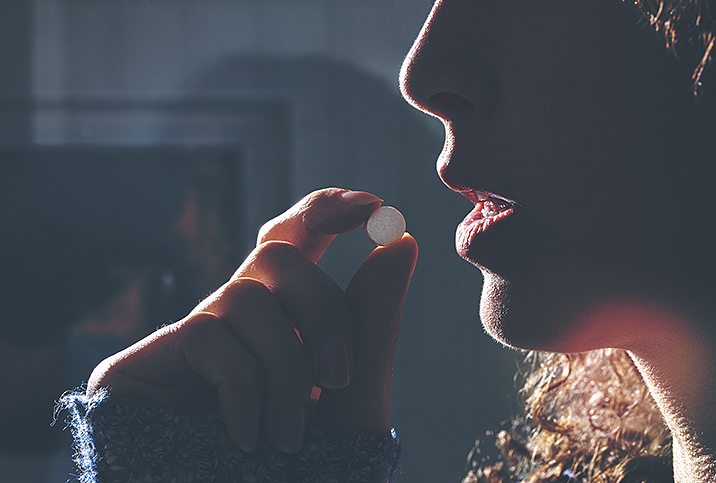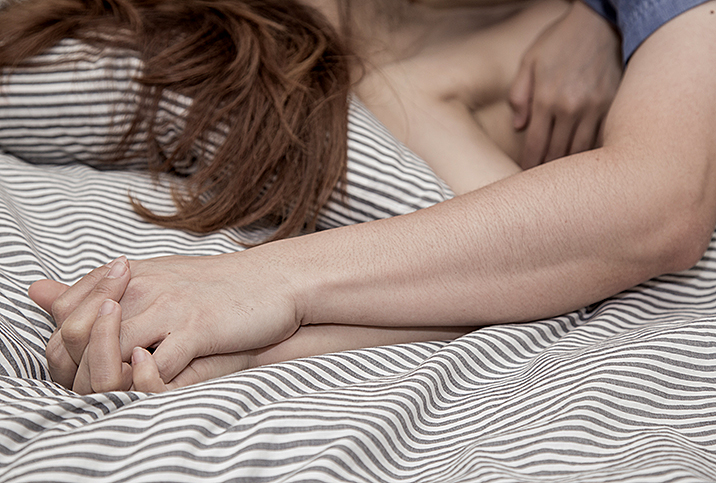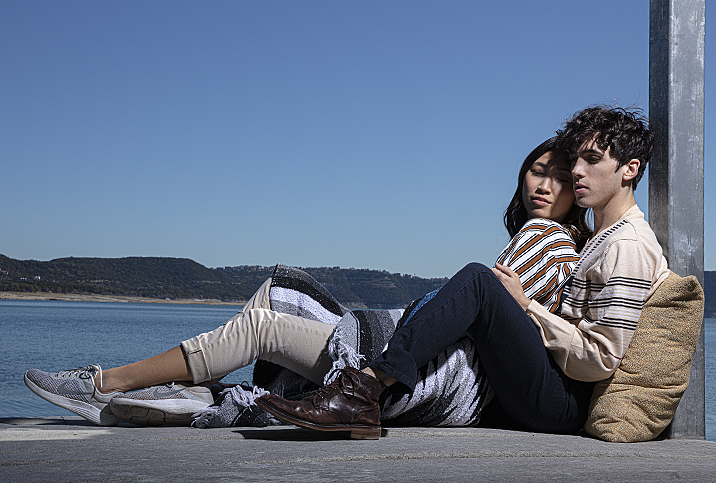Combat Depression and ED With Lifestyle Changes

Depression is a depressingly common condition in the modern world. According to the Centers for Disease Control and Prevention (CDC), about 5 percent of U.S. adults, roughly 1 in 20, experience "regular feelings of depression," and 9.3 percent have a mention of depression on their medical record.
The 2017 National Survey on Drug Use and Health (NSDUH) reported 17.3 million American adults had at least one major depressive episode within the previous year. Additionally, depression is a significant contributor to erectile dysfunction (ED).
We'll look at how depression can affect a man's ability to get and maintain an erection, and explore simple lifestyle changes you can make to help stave off the worst effects.
Emotions & erections
The old trope about the brain being the biggest sexual organ in the human body has some merit. Without the input of our senses and emotions, the brain's signals that tell the nervous system and the rest of the body's systems to send extra blood to the penis can get distorted or cut off.
Even worse, the psychological effects of having even one or two experiences with ED can be devastating. These feelings can create a vicious circle in which depression generates ED, which generates more depression, and so on.
Antidepressants & ED
Unfortunately, your antidepressant medication might be hurting you in the erection department. It may not be a lifestyle change exactly, but if you're diagnosed with depression and taking medication, talk with your doctor about erectile dysfunction right away. Certain antidepressants make it difficult to get an erection or nearly impossible to ejaculate, such as escitalopram (Lexapro), citalopram (Celexa), sertraline (Zoloft), fluoxetine (Prozac), duloxetine (Cymbalta) and paroxetine (Paxil and Paxil CR).
Besides switching to an erection-friendly medication, other strategies for coping with antidepressants' effects on libido include timing your dose until after sex or asking your doctor about Viagra or Cialis to counter the adverse effects.
Exercise
It's almost trite to mention at this point, but it's still true: Exercise has impressive effects on depression.
A massive 2018 study published by the American Journal of Psychiatry followed 33,000 participants over 11 years and found regular, low-intensity exercise of as little as one hour per week reduces the chances of future depression by 12 percent.
Ideally, you should set a goal of at least 30 minutes of exercise a day five days per week to reap the anti-depressive benefits of exercise, according to the Mayo Clinic and the National Institutes of Health.
Lose weight
While you're getting exercise, you may shed a few pounds. According to a 2017 meta-study published in the Journal of the American College of Nutrition, overweight and obese adults are more likely to be depressed.
Eat a better diet
Diet and nutrition also play into weight loss. Obviously, eat healthier, whole foods. Also, lay off the sugary, fatty, heavily processed foods and reduce your intake of animal-based foods. Doing so can make a real impact on feelings of depression. According to a 2017 meta-study published in Psychiatry Research, a traditional "Western diet" may significantly increase the risk of depression.
Avoid alcohol & drugs
While alcohol may be Homer Simpson's "cause of and solution to all life's problems," the truth is that alcohol is a depressant. It only worsens depression over time, even if you feel better in the short term. Booze and drugs can also directly affect erection quality, so cutting down is to your benefit.
Meditate
Meditation is another useful tool for fighting depression and anxiety. One 2017 study published in the Journal of Nursing Education showed mindfulness meditation was more beneficial than exercise for people suffering from depression.
A longer-term study published in the Journal of Affective Disorders indicated subjects who continued with their meditation practices six to 12 months after the six-week main study ended continued to be less depressed.
Talk about it
Directly addressing both erectile dysfunction and depression are crucial to fighting them. Speak openly and honestly with your partner, and consider seeking out a therapist or a sex therapist. Keeping these feelings bottled up only makes them worse.


















